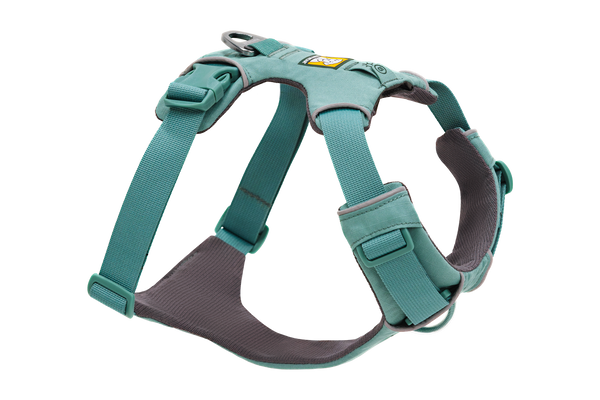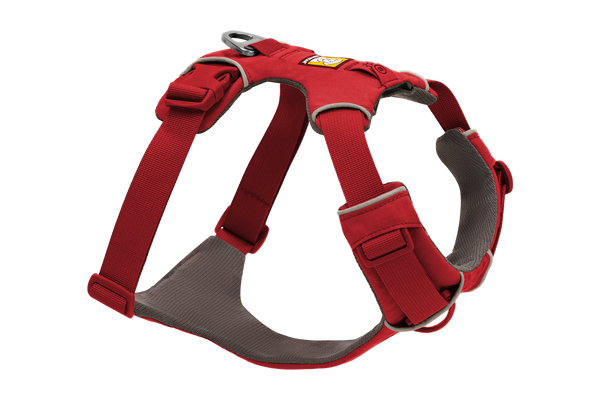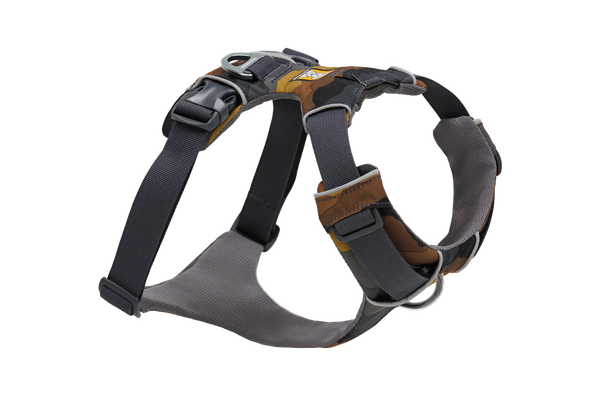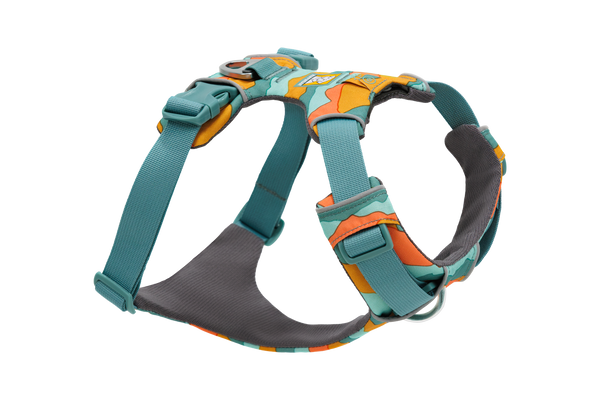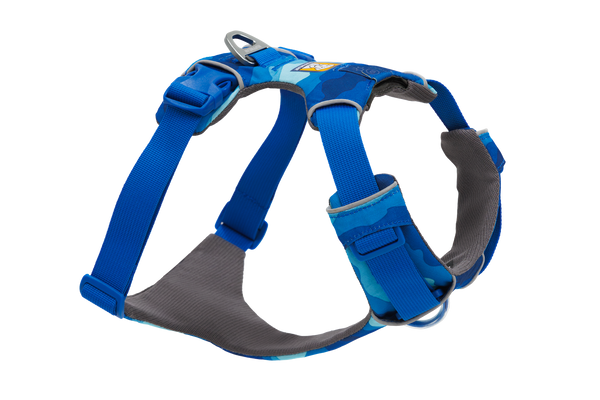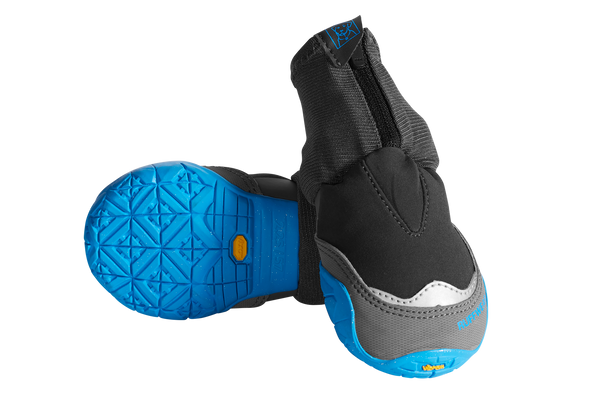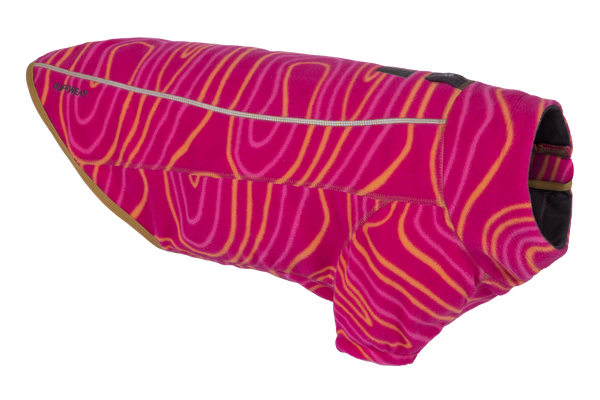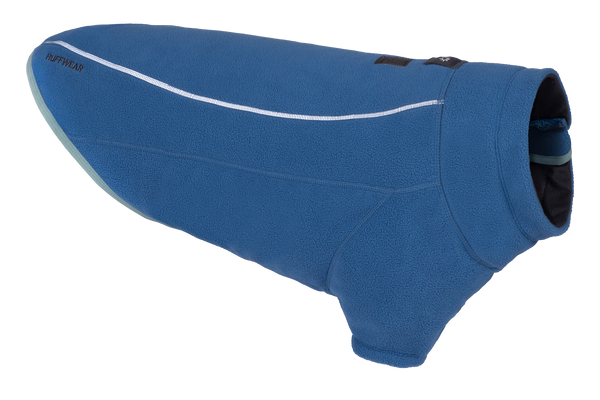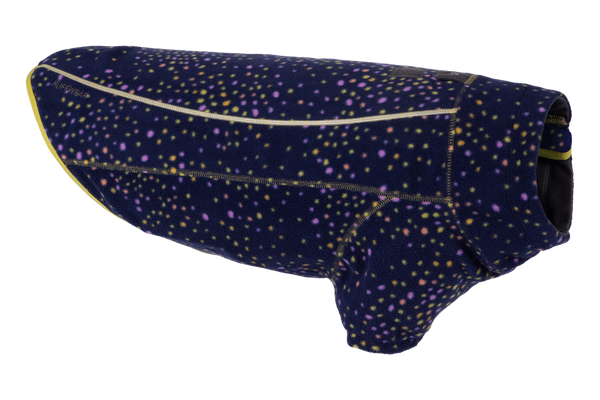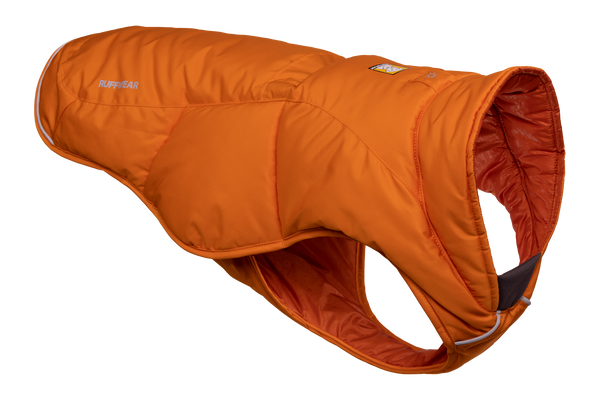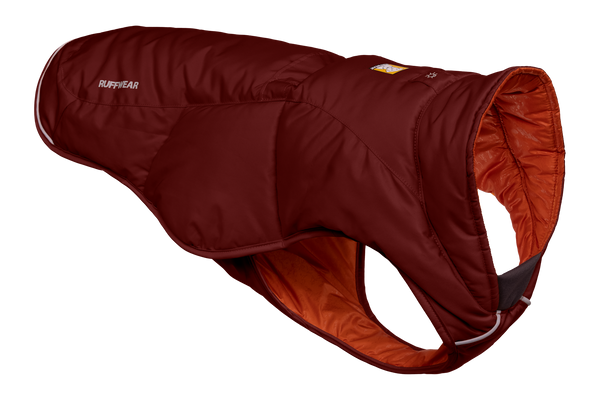A Golden Boy With A Magical Nose

Photos by Jaymi Heimbuch
Hello, my name is Chester. It has been 8 years since I have chased a chicken. That's because I am fully employed as a Conservation Canine and I have been part of this program for 8 beautiful years. In my long career I have studied bears in the Pyrenees, cougars in Washington, wolves in Alberta and bobcats in Wisconsin. I no longer wish to chase chickens, but I’d like to tell you my story.

Before heading out on these incredible adventures, I was residing at a local Seattle shelter. I was dropped off and labeled as being DANGEROUS! (Cowardly Lion sound effect.) But wait, let me tell you my side. It was a TOTAL lack of communication between me and my previous person. What they didn’t know was that I LOVED to chase anything that bounced and looked exciting. Can you guess how I perceived a chicken that was startled by my presence? Yep, bouncy and exciting! So I gave it a chase and ended up in the slammer. Luckily Seattle Humane Society took great care of me, knowing that I was right for SOMEONE or SOMETHING. And that’s where this dude came strolling in with a -- OMG, BALL!
Ahem, sorry. The details are a bit blurry from that point on because my life took a 360. I was fitted with a slammin' Ruffwear Web Master™ Harness, and taught that when I sniffed out poop, not just any poop mind you, super cool wolverine poop, it’s the best, I get to do what I love, chase bouncy and exciting things.


It takes a well cured, deluxe, this one goes to 11, à la professional schnoz to take on the rad studies as I have. Oh and my professional demeanor is only heightened by my “Golden Boy” freelovin’ surfer charm. What can I say, people are drawn to my radiant coat and my friendly face and I love them for it. Often I try to do my part at conferences and volunteer my services for “therapy” for those poor first time graduate presenters. So, given how personable, well traveled and experienced I am, I am always the obvious choice to show our newest rookie handler how we do things here at Conservation Canines. See, what most folks don’t understand is that guys like me can get the scat finding game in a matter of minutes, while training humans? Sheeesh, that can take a LONG time!
Last winter I took our newest trainee, Will Chrisman, to the northeast corner of Washington to show him what a remote field project is really like. He had been through his training, working on the box, experiencing “the wall” and proving his newly acquired skill sets in practice exercises. But let me tell you, nothing, and I mean NOTHING can prepare you for the sweat, blood and tears you will experience in the field.
For this particular study, our goal was to gather as much information as possible about the interactions between newly established wolf populations and how they affect local bear, cougar, bobcat, lynx, and coyote populations. For kicks and giggles we also threw wolverine, fisher, and marten into the mix in hopes of learning more about their populations in the region! Will was stoked to see some of these predators in the wild west, but as usual our job was to be as non-invasive as possible. How do you do that? By finding their poop of course! And yes, I can find all 10 of those species at once!

The first thing I wanted to see is how well the new guy could find these scats on his own. Boy was it fun watching him struggle, but I really needed to get that ball so I quickly lent my expertise in finding the samples. His next lesson involved good ol’ classic scat identification. I would find one of the 10 species and he would make an educated decision about the species that laid the dirty deed. It’s a skill set that these humans can use to help streamline the analysis in the lab. Oh, and you want to put a newbie through the ringer? Watch him try to hack out a turd-sicle in 3 feet of snow for 20 minutes. Luckily for me I have my Ruffwear coat.

This job can be grueling at times by searching all day in difficult terrain and nose-hair freezing conditions. Which is why I also wanted to see if he had what it takes to keep up with me climbing up to those snow-capped mountains for a killer view. For a young whippersnapper, he did pretty well keeping up with me.
He marveled at the remote wilderness, excelled with new modes of snowy travel, (the poor guy grew up in Illinois), learned how to navigate with our new technology, identified possible target tracks AND he never cried. So I recommended Will to the big guy and suggested we should keep him around for a while longer to see what else he can do. I’ve see a lot of handlers come and go in my years. While I usually win over everyone’s hearts in a matter of minutes, I’ll tell you, this guy has got mine. When I see him at the big barn, in my opinion, no one else exists. Training a new human can be hard work. They try so hard, they are nervous as heck about our safety, and they are constantly required to learn as they go, but it’s nothing a veteran like me can’t handle. There is still a lot I need to teach him but the most important lesson I’ll continue teaching him is to keep calm and have fun!
We’re heading out to the not so exciting mid-west this summer (no offense folks, it’s just really flat) to continue our impressive work at a few wind farms. It’s going to get a whole lot hotter, but I”ll be sure to pack my Ruffwear Swamp Cooler™ Vest for the field and my manly floatie for some cool down swim sessions (Ruffwear Float Coat™).
Oh, did I mention I am 12, that’s 84 in your years...how ya like me now?
The Conservation Canines deploys their team of scat detection dogs in projects around the world, using non-invasive techniques to collect vast amounts of information on species abundance, distribution, resource use, and physiological health. Ruffwear proudly supports the Conservation Canines by providing gear for all of the dogs. Thank you for your valuable work, Conservation Canines!



